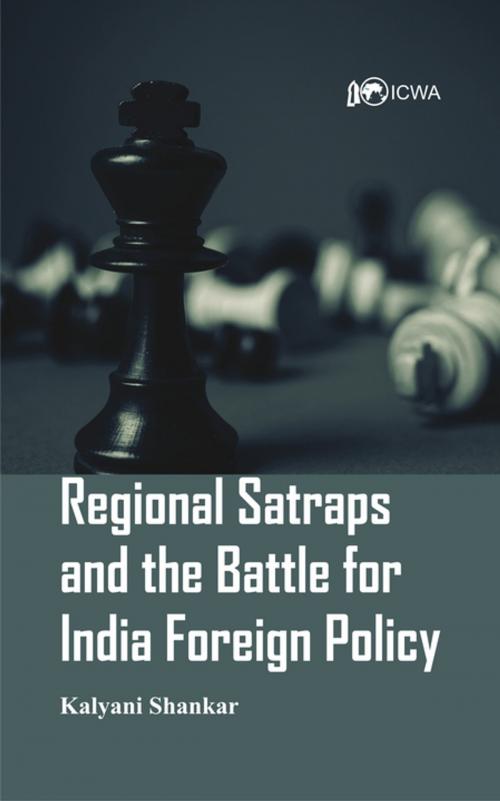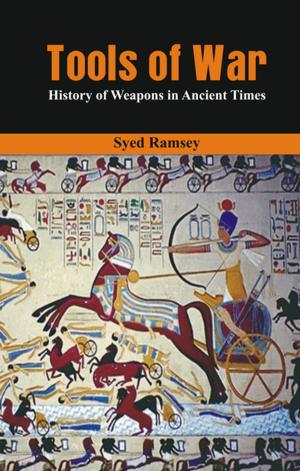Regional Satraps and the Battle for India Foreign Policy
Nonfiction, Social & Cultural Studies, Political Science, Government, Democracy, International, International Relations| Author: | Kalyani Shankar | ISBN: | 9789386457349 |
| Publisher: | VIJ Books (India) PVT Ltd | Publication: | December 1, 2017 |
| Imprint: | VIJ Books (India) Pty Ltd | Language: | English |
| Author: | Kalyani Shankar |
| ISBN: | 9789386457349 |
| Publisher: | VIJ Books (India) PVT Ltd |
| Publication: | December 1, 2017 |
| Imprint: | VIJ Books (India) Pty Ltd |
| Language: | English |
This book is a pioneering work about the growing domestic influences on India’s foreign policy with the increasing number of powerful chief ministers asserting at the state level. It investigates how and why in a coalition era with a globally integrated Indian economy, managing a parliamentary coalition and also working with Chief Ministers from the opposition-ruled States is increasingly becoming difficult and a challenge to Prime Ministers. The study explores particularly the concerns of Tamil Nadu, West Bengal, Northeastern states, Uttar Pradesh, Bihar and other border states and the issues pertaining to Bangladesh, Sri Lanka, Nepal, Bhutan and Myanmar. Most of the disputes with the neighbouring countries have been on water sharing, land and security, which impinge on the state. The study shows that there is a case for institutionalising the process of consultation and involvement of these States in foreign or security policy, trade and investment and people to people contact in the changing scenario.
This book is a pioneering work about the growing domestic influences on India’s foreign policy with the increasing number of powerful chief ministers asserting at the state level. It investigates how and why in a coalition era with a globally integrated Indian economy, managing a parliamentary coalition and also working with Chief Ministers from the opposition-ruled States is increasingly becoming difficult and a challenge to Prime Ministers. The study explores particularly the concerns of Tamil Nadu, West Bengal, Northeastern states, Uttar Pradesh, Bihar and other border states and the issues pertaining to Bangladesh, Sri Lanka, Nepal, Bhutan and Myanmar. Most of the disputes with the neighbouring countries have been on water sharing, land and security, which impinge on the state. The study shows that there is a case for institutionalising the process of consultation and involvement of these States in foreign or security policy, trade and investment and people to people contact in the changing scenario.















